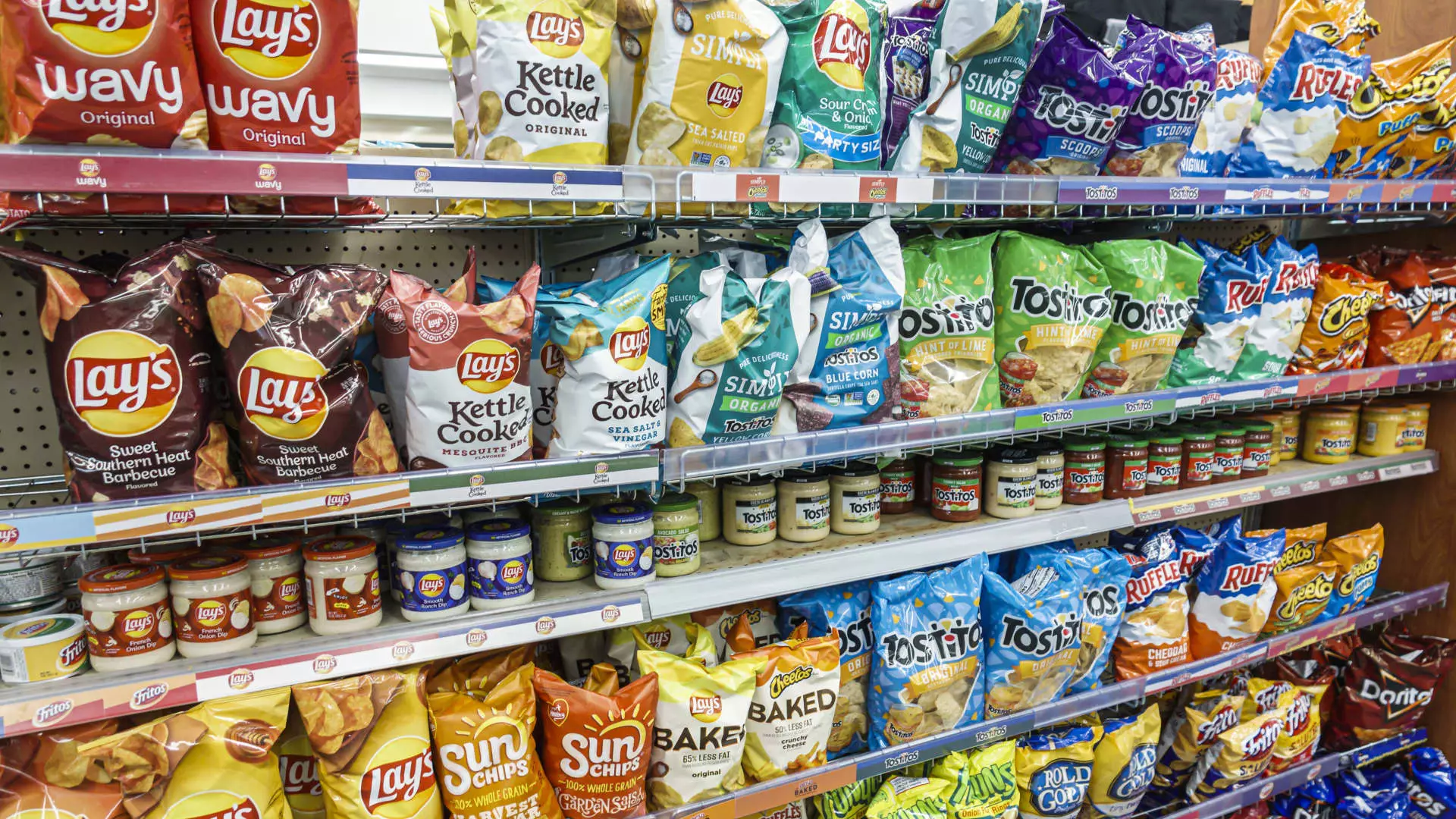The world of processed foods is facing unprecedented scrutiny following the recent political developments in the United States. On a turbulent trading day, stocks belonging to major players in the industry such as PepsiCo, Coca-Cola, General Mills, and Conagra Brands experienced significant declines. Investors appeared to panic over President-elect Donald Trump’s nomination of Robert F. Kennedy Jr. for the Secretary of Health and Human Services, a position that holds vast influence over health regulations and food safety standards. This change in leadership raises serious questions about the future of the processed food sector, which has enjoyed a long history of favor with both consumers and investors alike.
PepsiCo and Coca-Cola saw their shares drop sharply, by over 3% and 1% respectively, as the markets reacted to the implications of Kennedy’s proposed reforms. General Mills, the company behind well-known products like Cheerios and Betty Crocker cake mixes, also experienced a similar decline, indicating widespread concern across the sector. Notably, frozen potato supplier Lamb Weston saw its stock plunge by over 5%. This is indicative of a broader unease among traders regarding possible changes in regulatory measures that could impact the production and marketing of processed food items.
Kennedy’s public stance on food safety and health has garnered widespread attention, especially his critical view of the current regulations. His outspoken claims suggest that the Food and Drug Administration (FDA) has failed to adequately protect consumers, particularly children, from low-quality ingredients often found in widely consumed products. “Why do we have Fruit Loops in this country that have 18 or 19 ingredients while in Canada it’s just a few?” he remarked, illustrating his desire for sweeping changes. This perspective raises the possibility of reforming not just the FDA, but also the Centers for Disease Control and Prevention (CDC), which plays a critical role in public health.
As the confirmation of Kennedy rests in the hands of the Senate, many in the food industry are bracing for potential upheavals. Should he be confirmed, the regulatory landscape could shift dramatically, invoking a “Make America Healthy Again” initiative that could lead to heightened scrutiny of not just processed foods, but an entire range of products that millions of Americans consume daily. This has led to increased speculation about whether familiar brands may have to alter their recipes, marketing strategies, or even their core business models to comply with new standards.
The aftermath of this political appointment has sent shockwaves through the processed food industry, prompting companies to evaluate their strategies and prepare for the uncharted waters ahead. With Kennedy emphasizing health and consumer protection, industry stakeholders are left to ponder: will they be able to adapt quickly enough to stave off declining sales and changing consumer health priorities? The next few months will be critical in determining how this evolving narrative shapes the processed food market and consumer behavior in America.

